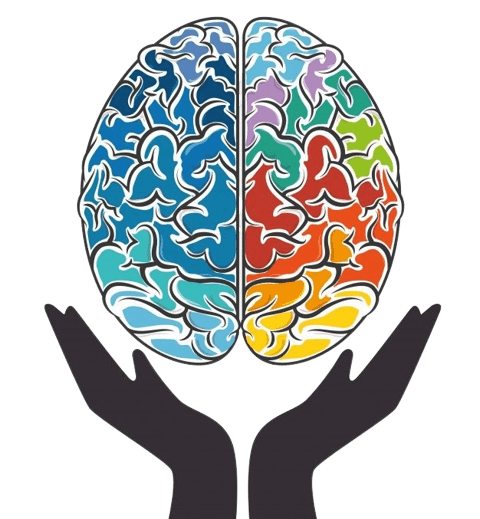Psychological & Behavioural Interventions
A psychological or behavioural intervention means to bring about a positive change in psychology or a person's behaviour through therapy.
There are several types of psychological and behavioural interventions used. Yolanda Fihla will tailor your treatment to your specific needs and goals. Depending on your symptoms and circumstances, one type of therapy may be recommended; other times, a combination will be recommended.
Common interventions include
Cognitive-behavioural therapy (CBT) - During CBT, you will be encouraged to talk about your thoughts and feelings with a goal-orientated approach. During therapy, you will become aware of negative and distorted thinking patterns and be guided to reshape them into healthier ones. This type of intervention has been shown to improve depression, anxiety disorders, phobias, and eating disorders and address short-term challenges.
Acceptance and commitment therapy (ACT) - During ACT, you will be encouraged to accept and embrace your emotions and life experiences without judgement. This type of intervention aims to help you move through uncomfortable emotions so that you can focus on the positive. Acceptance and commitment therapy is effective for stress disorders, anxiety, depression, and more.
Dialectical behavioural therapy (DBT) - DBT is derived from cognitive-behavioural therapy and aims to teach healthy coping mechanisms, healthy emotional regulation and improve interpersonal relationships. This type of intervention is effective for disorders where people show self-destructive behaviours such as eating disorders, self-harming and borderline personality disorder.
Mindfulness therapy - is a conversational therapy to treat dysfunctional thought patterns. The aim is to encourage awareness of one’s thoughts, feelings and emotions. Mindfulness therapy is effective for anger management, anxiety, depression, emotional regulation, insomnia and stress.

